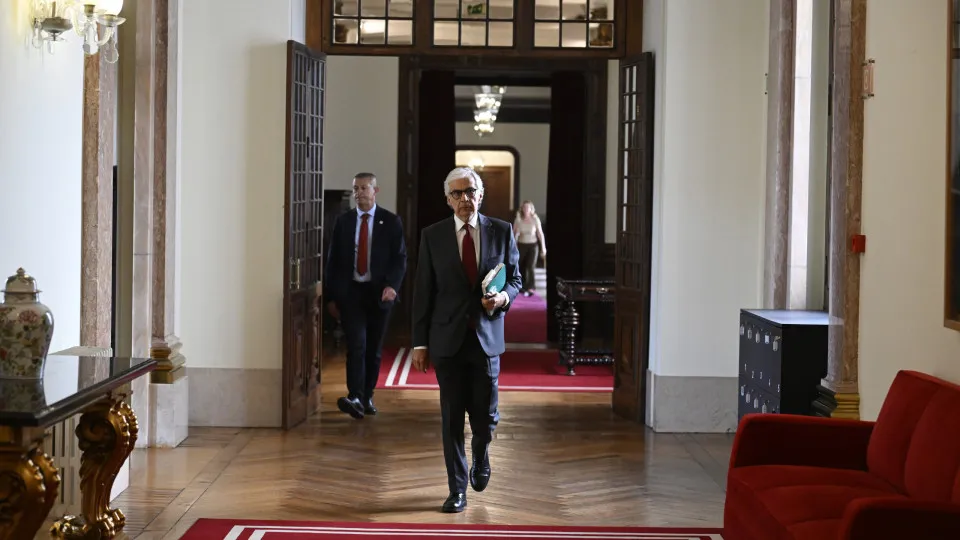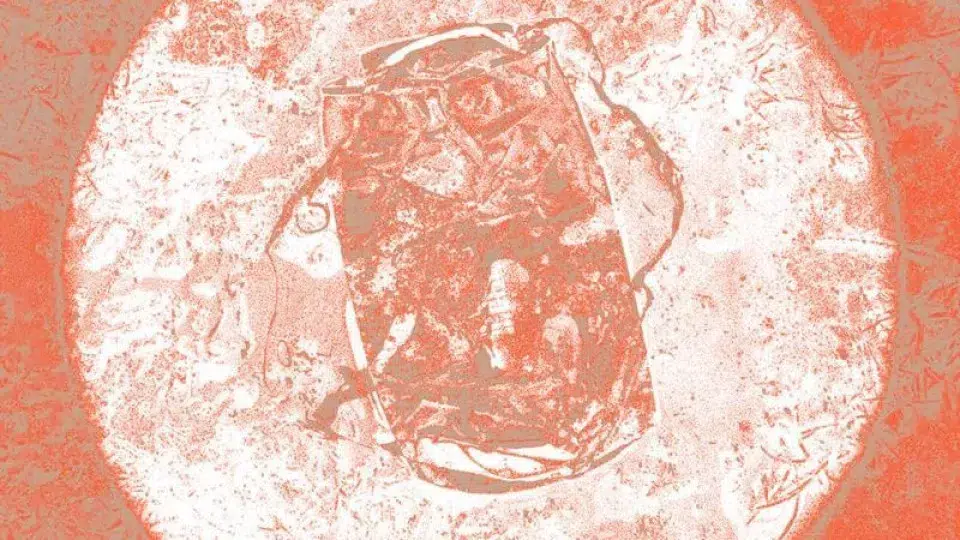Pedro Duarte, former Minister of Parliamentary Affairs in Luís Montenegro’s first administration, is presenting himself as the candidate that Porto needs at this stage. He leads the PSD/CDS-PP/IL coalition, supported by the Independent Porto Movement, with a focus on security amid current threats to the city.
Key campaign issues include mobility, housing, and immigration, with aspirations like making public transportation free for Porto residents and addressing the quality of life. Duarte is confident that on October 12th, Porto’s citizens will entrust him with the leadership of the city and the Northern region.
“We have a serious recruitment problem for the PSP due to the current mechanism. Candidates attend the police school for 9 or 10 months, then are posted to Lisbon, uncertain about when they will leave,” he stated.
Security is a cornerstone of his candidacy, and he aims to enhance video surveillance, improve lighting, and deploy an additional 100 municipal police officers. This initiative will involve a protocol with the Ministry of Internal Administration to cover the training costs, estimated to be under 2 million euros.
Duarte notes the current recruitment challenges due to the financial and housing incompatibility in Lisbon, leading to a lack of candidates. The proposed special recruitment process offers clarity for candidates regarding their placement in Porto.
He emphasizes a zero-tolerance stance towards drug use in public and other situational crimes to improve urban security and public space maintenance.
Addressing Porto’s insecurity entails tackling two main causes: the drug problem and organized crime within immigrant communities. Duarte stresses the importance of not being complacent with these issues, as they contribute significantly to the public’s unease.
Discussing homelessness, he acknowledged that addiction often ties into this issue. However, he underscores that it’s not the living situation but the associated problems that can contribute to perception of insecurity.
Transportation policies include discouraging traffic with measures like tolls on VCI for heavy vehicles and funded free public transport through increased tourist taxes, aiming to collect 40 million euros, partially allocated to public transport enhancements.
Duarte speaks of the cultural shift needed, acknowledging that offering free transport won’t immediately change car dependencies but hopes a gradual increase in public transport usage will occur.
The controversial Metrobus project in Porto faces critique. Duarte criticized its planning and execution as irresponsible and wasteful, pledging to suspend related works upon assuming office.
On housing, Duarte stresses addressing affordability rather than increasing supply, with proposals focusing on incentivizing private market releases and increasing municipal housing availability without unnecessary construction.
Duarte’s candidacy focuses on maintaining Porto’s identity against urban challenges and external pressures, seeking a balanced approach to urban growth and tourism.
Regarding his political experience, Duarte views his past role as beneficial for understanding central government operations, driving his plans for Porto’s leadership if elected.
Facing a tight race against Manuel Pizarro, Duarte attributes it to his newness compared to his rival’s long-standing candidacy, but remains confident about his chances.
If unsuccessful, Duarte intends to return to private life, explaining straightforwardly that his candidacy arises from a genuine commitment to Porto rather than political ambition.




